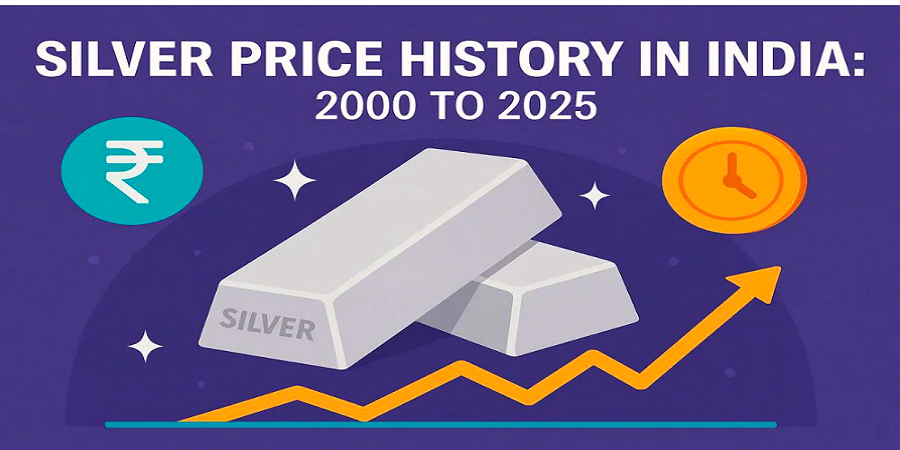“Navigating Matrimony: Understanding the Intersection of Marriage, Mental Disorders, and Indian Legislation”
Marriage is a sacred institution, and in India, it is deeply rooted in culture and tradition. However, when mental disorders become a part of the matrimonial landscape, the complexities rise, necessitating a nuanced understanding of the legal framework. In this exploration, we delve into the intricacies of marriage, mental disorders, and relevant Indian legislation, shedding light on the procedures and case law that guide this delicate intersection.
Understanding Mental Disorders in the Context of Marriage
1. Impact on Marital Relations
– Mental disorders can significantly impact marital relationships, affecting communication, emotional intimacy, and the overall well-being of both partners.
2. Legal Recognition of Mental Disorders
– Indian legislation recognizes mental disorders as a relevant factor in matrimonial matters. The Mental Healthcare Act, 2017, is a key legislative piece acknowledging the rights and protections of individuals with mental illnesses.
Indian Legislation Pertaining to Marriage and Mental Health:
1. Mental Healthcare Act, 2017
– The Mental Healthcare Act emphasizes the rights of individuals with mental illnesses, ensuring their right to marry and be a part of family life. It prohibits discrimination on the grounds of mental health in matrimonial matters.
2. The Hindu Marriage Act, 1955, and Special Marriage Act, 1954
– Both acts govern Hindu marriages and marriages solemnized under the Special Marriage Act, respectively. These acts provide grounds for divorce, and mental illness is recognized as one of the grounds under which a marriage can be dissolved.
Procedures and Legal Implications:
1.Seeking Professional Help
– When mental health concerns arise in a marriage, seeking professional help is crucial. Couples may opt for counseling or therapy to address challenges and find solutions.
2.Legal Grounds for Divorce
– If the mental disorder reaches a point where it adversely affects the marriage, either spouse may seek divorce under the relevant provisions of the Hindu Marriage Act or the Special Marriage Act.
3. Procedure for Divorce
– The procedure for divorce involves filing a petition, presenting evidence of the mental disorder, and demonstrating its impact on the marriage. The court may then consider these factors in granting a divorce decree.
Relevant Case Law:
1. Durga Prasanna Tripathy v. Arundhati Tripathy (2005)
– In this case, the court considered the impact of the wife’s schizophrenia on the marriage. The judgment highlighted the importance of assessing the severity of the mental disorder and its impact on conjugal life.
2. Naveen Kohli v. Neelu Kohli (2006)
– The Supreme Court emphasized the need for a comprehensive evaluation of mental illness in matrimonial cases. It recognized that mental cruelty, including mental disorders, could be a valid ground for divorce.
The intersection of marriage, mental disorders, and Indian legislation demands sensitivity and legal acumen. As couples navigate these challenges, it is crucial to be aware of the legal provisions, seek professional help, and, when necessary, engage with the legal system to ensure a fair and just resolution. The evolving legal landscape reflects a growing recognition of the rights and well-being of individuals with mental disorders within the sacred institution of marriage.









